New Studies: AI Captures Electrocardiogram Patterns That Could Signal a Future Sudden Cardiac Arrest
DAIC
MARCH 1, 2024
In a study published in Communications Medicine , David Ouyang, MD, assistant professor of Cardiology and Medicine at Cedars-Sinai, along with Chugh and fellow investigators trained a deep learning algorithm to study patterns in electrocardiograms, also known as ECGs, which are recordings of the heart’s electrical activity.

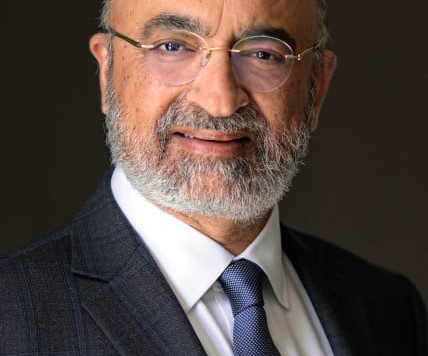


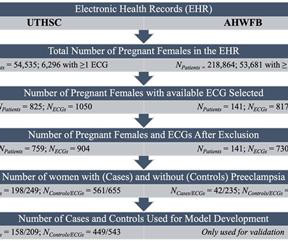

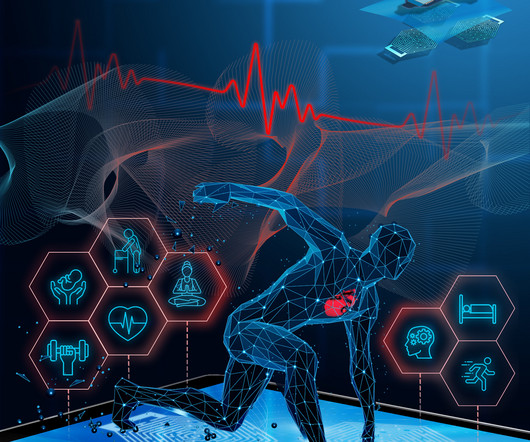



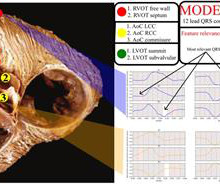




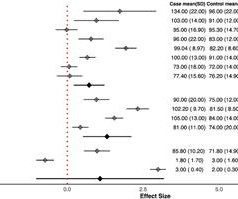



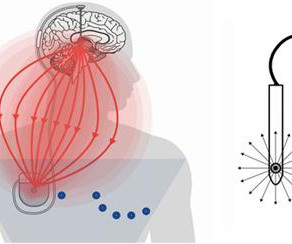

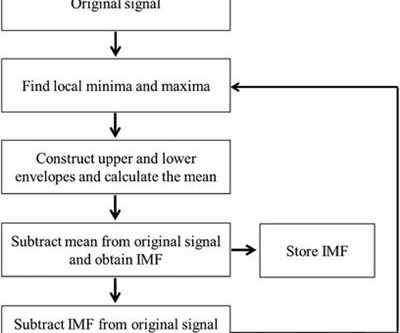

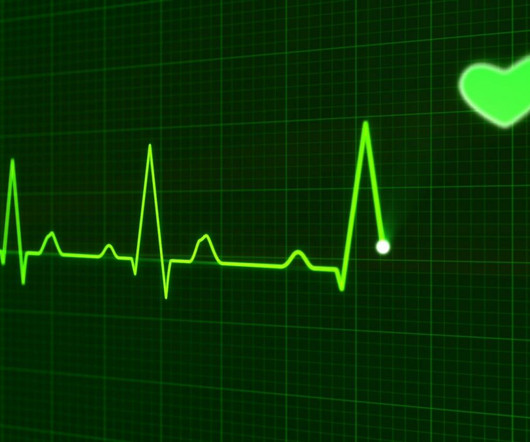
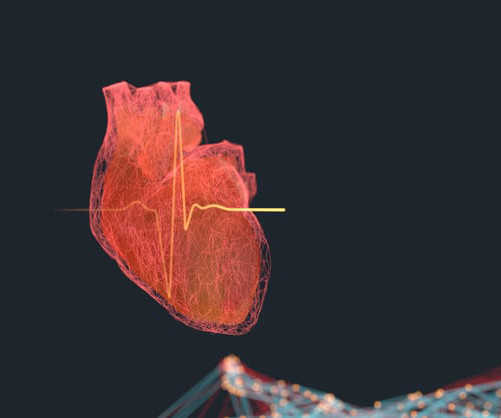








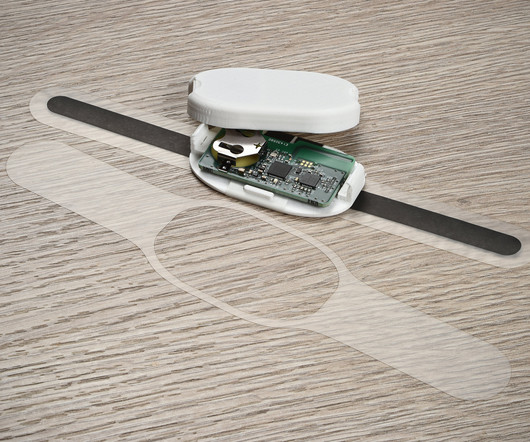









Let's personalize your content